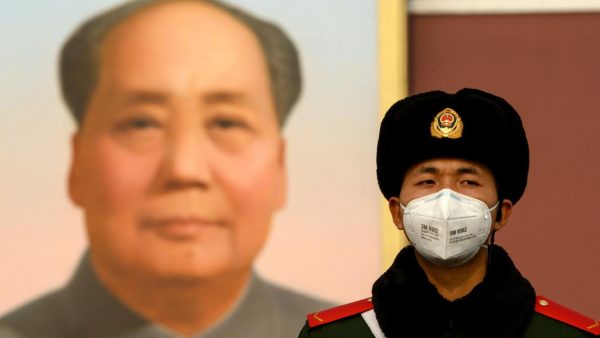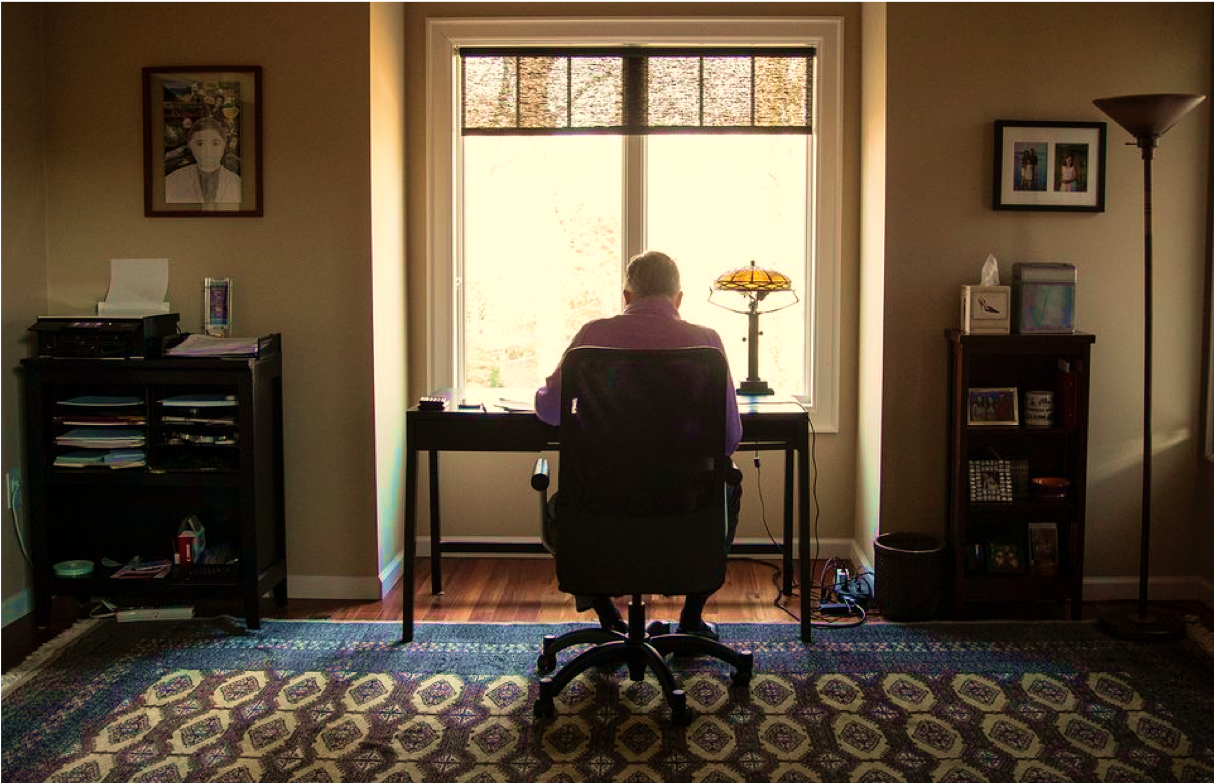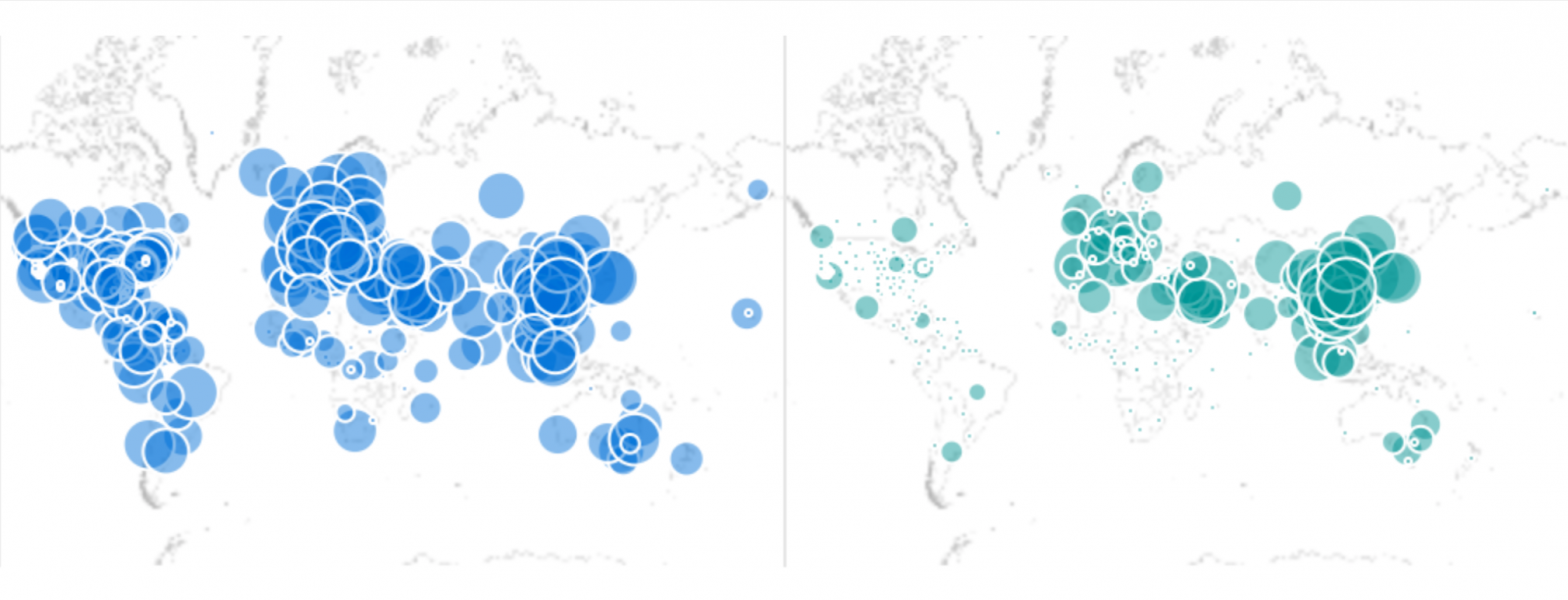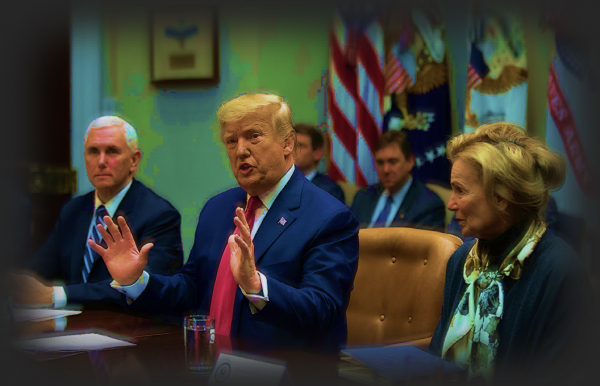The decisive move will show the CPC we mean business.
But Here We Are
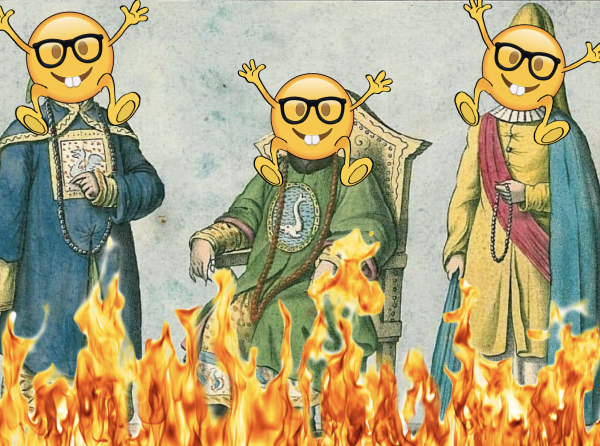
Facing up to the failed state of America's mandarin class
Crises tend to be times of dramatic narrative disruption. What was previously reality becomes fantasy, and what was previously fantasy becomes reality. Crises dislocate us from the narrative structures that define our day-to-day lives, imposing themselves on the human experience with little regard for how well our narrative described the situation leading up to a given crisis.
Indeed, crises often occur because some narrative architecture built atop the reality of life doesn’t adequately account for discrepancies between the stories we tell and the world we actually experience.
One turn of phrase I’ve heard people use a lot in recent days is “…but here we are.” It’s an expression of reality coming down hard on belief, a shorthand for existential dislocation and narrative disruption. Under the circumstances presented by a lethal global pandemic, one would expect a great deal of urgency and unity of purpose on the part of the D.C. mandarins whose job it is to manage crises—but here we are.
My inner neoliberal technocrat thought that by now we might have an emergency cash disbursement of $1000 per adult resident per month, with an additional $750 per dependent, and a bipartisan emergency council of senators to provide sorely needed adult supervision in the White House. That reasonable measures like these have only been taken seriously in the last few days, and then only by figures on the periphery, is alarming given their straightforward ameliorative appeal. The state capacitarian in me hoped that the army would have been deployed last week to build temporary hospitals and to make a visible effort to calm the public by securing the supply chains for food and other essential items. Instead we have feverish rumors of a militarized national lockdown that would disrupt those supply chains. The libertarian angel that Ayn Rand planted on my shoulder in tenth grade still thought it might be possible to clear away the obstructions that our alphabet soup of feckless regulatory agencies have erected around any form of private, decentralized response to this horror. But here we are.
Like some other complex societies, America is run by a class of mandarins. Out of necessity or convenience, we delegate to this elite a set of responsibilities that are essential to the functioning of our society. As in other cultures, we have a standard of performance by which this class must abide. The appropriate exercise of their responsibilities earns this ruling class a kind of legitimacy by default.
In Chinese culture, this is the Mandate of Heaven. We don’t really have a word for the American equivalent, but we see it whenever Congress passes an intentionally vague piece of legislation, or when an industrial process is ruled on by an administrative law judge, or when some agency promulgates a thousand-page set of guidelines for a commercial transaction. America might be a democratic republic in theory, but in reality it is increasingly managed by the mandarin class, which derives its authority from its own form of mandate.
We have a lot of narratives about our mandarins. We say that they are meritocrats, the most capable among us, the product of what we hold to be the world’s finest, most egalitarian system for selecting and educating leaders. We tell ourselves that we only promote the best, that we consistently evict the worst from the ranks of the elite, that we have guardrails that prevent the wrong sorts of people from operating the machinery of power. Never mind how we define who the “wrong sorts” are.
Even most of us with a reflexive orientation against the establishment have a tendency to pay deference to Ivy Leaguers or McKinsey alumni. We give preferential treatment to the professor, the career policy thinker, the august public intellectual, the cable news host. We grant the mandate to rule through our acceptance of that ruling class’s narrative.
Like the water despots of the ancient world, our American mandarins have built a system of channels to divert and control resources to their own benefit. They have built temples to the gods of bureaucratic procedure, myopic legalism, scholarly pretension, and decorative morality. They have neglected good government, let the tools of the state decay in their warehouses, and imposed an increasingly capricious and foolish set of rules on public and private life.
And now, from far away, comes a swift, violent force, pressing their system on all sides.
The narratives that we have told ourselves about the American polity have now been caught out as dangerously wrong.
We believed in the ability of the press to set aside spin and report accurate information during moments of real consequence, but here we are.
We expected basic competence from the public health authorities whose only real job is to prevent a repeat of the 1918 influenza pandemic, but here we are.
We put stock in the idea that there was a technocratic deep state that could spring into action to ensure national security, but here we are.
We didn’t used to think we lived in a failed state, but here we are.
The American Mind presents a range of perspectives. Views are writers’ own and do not necessarily represent those of The Claremont Institute.
The American Mind is a publication of the Claremont Institute, a non-profit 501(c)(3) organization, dedicated to restoring the principles of the American Founding to their rightful, preeminent authority in our national life. Interested in supporting our work? Gifts to the Claremont Institute are tax-deductible.
In wars, men die.
For the first time in centuries, we’re bringing it all back home.
Don’t let the Left use your panic for their gain.
We blew it. Normies are paying a heavy price.
It’s complicated, but we’ve been preparing for this.


